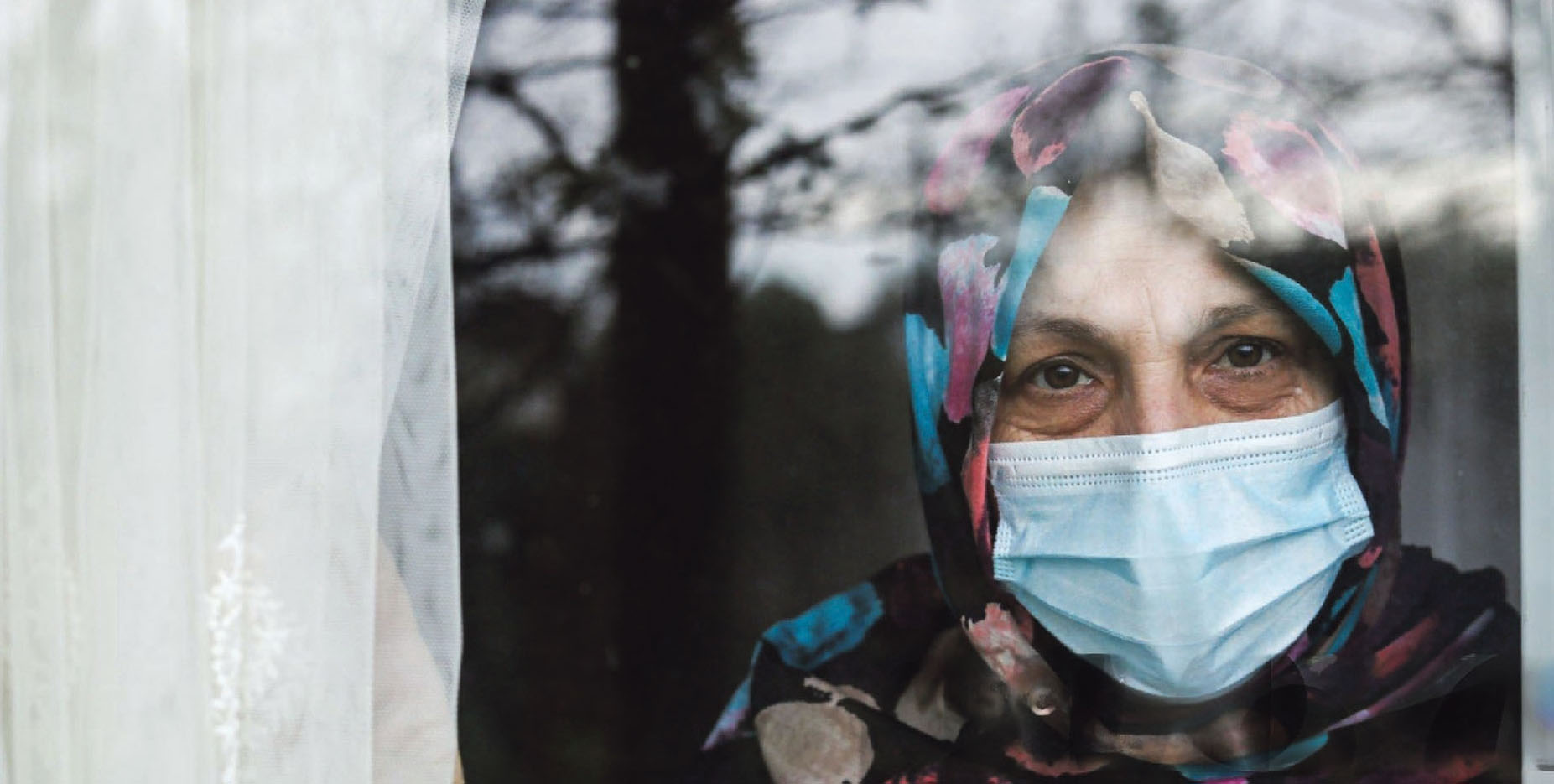
Harun Nasrullah
The COVID-19 pandemic revealed significant gaps in healthcare policy development, particularly in its inclusivity towards diverse communities.
Recent research focused on the experiences of British Muslims accessing palliative care during the pandemic underscores the urgent need for more inclusive health policies that consider the unique challenges faced by minority groups.
The study, titled “Somebody who understands the culture and their needs that can cater for them in their retirement time: a peer research study exploring the challenges faced by British Muslims with palliative care needs during the COVID-19 pandemic,” was published in the British Medical Journal Open journal on 8 August 2024.
The research was conducted by a team from the University of Leeds, University College London (UCL), Marie Curie, and the Muslim Council of Britain, and explored the difficulties British Muslim families encountered when accessing palliative care services during the pandemic.
The findings are both revealing and concerning, showing that language barriers, limited access to smartphones, and a lack of clear information contributed to a sense of exclusion from critical COVID-19-related policies.
One of the most striking issues highlighted by the research was the apparent disregard for significant Muslim festivals in the enforcement of lockdowns. This oversight only deepened the feeling of marginalisation within the community, suggesting a broader systemic issue in how health policies are developed and communicated.
Dr Gemma Clarke, Senior Research Fellow in the University of Leeds’ Academic Unit of Palliative Care, emphasised the importance of inclusive healthcare policy design, particularly for minority groups. “Our study provides a unique view of the experiences of British Muslims during the pandemic. It shows the hidden work, challenges and emotional stress taken on by carers during this time,” she said.
Dr Clarke further stressed that involving people from minority backgrounds in policy development is crucial to avoid marginalising vulnerable populations, especially during challenging times.
The study adopted a unique approach by involving peer researchers from Pakistani Asian backgrounds, fluent in multiple languages. This enabled them to build stronger connections with the community and ensure that the voices of often-overlooked individuals were genuinely heard.
Through these interviews, a vivid and troubling picture emerged of how the pandemic intensified the challenges British Muslims with palliative care needs already faced.
Dr Nuriye Kupeli, Principal Research Fellow in UCL’s Marie Curie Palliative Care Research Department, highlighted the broader implications of the findings. “Our work highlights that while families and those closest to people living with life-limiting illness took on additional caring responsibilities, they faced many challenges in accessing healthcare,” she noted.
Dr Kupeli pointed out that by understanding and addressing the needs of minority communities, healthcare services can be better designed to reduce exclusion and build trust.
The research team emphasised that tackling these inequities requires more than just policy changes on paper—it demands meaningful collaboration with the people affected by these disparities. They called for healthcare services, policies, and research to be developed hand-in-hand with those who experience these challenges daily. They also urged healthcare providers to take the time to truly understand the communities they serve, ensuring that care is tailored to the unique needs of local populations.
Zara Mohammed, Secretary General of the Muslim Council of Britain, echoed the call for more inclusive healthcare practices. “As the elderly population continues to grow, British Muslims face significant challenges due to the increasing need for comprehensive palliative care—an issue made even more urgent by the devastating effects of the pandemic. The disproportionate impact of this issue must be addressed,” she stated.
(Photo credit:Burak Sür)